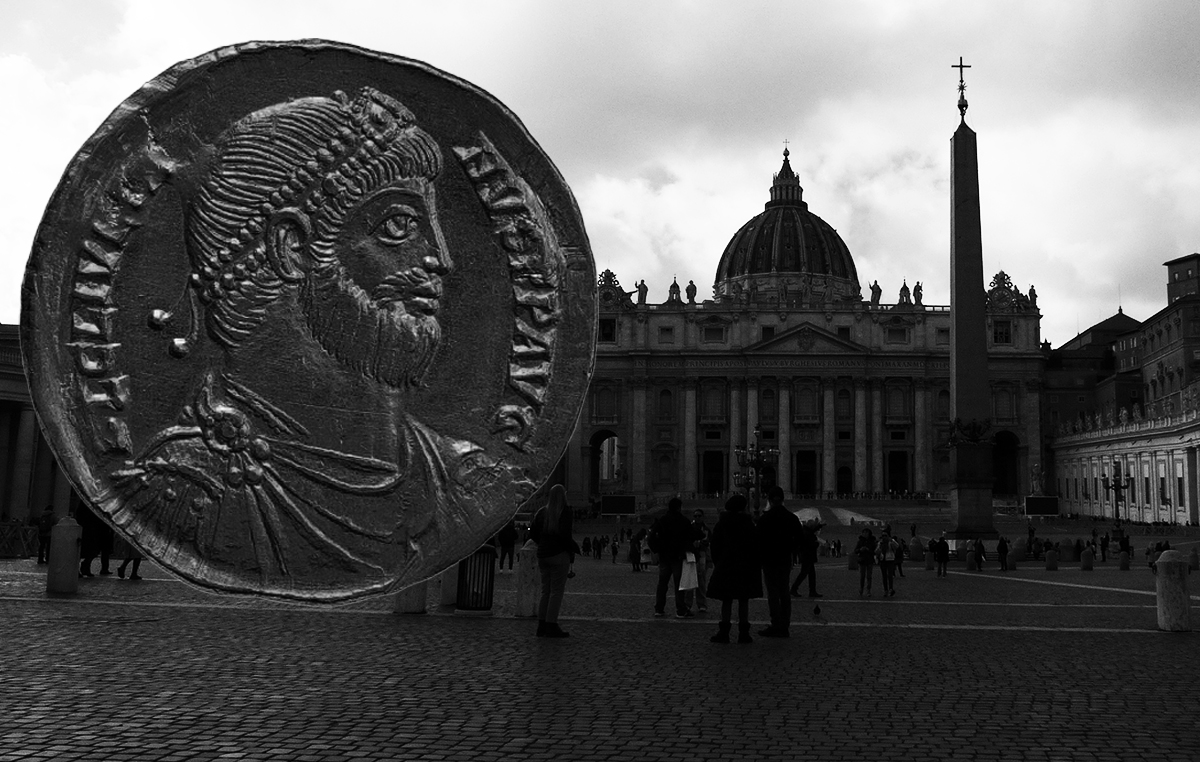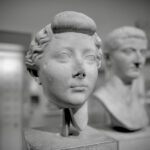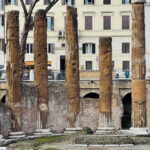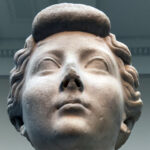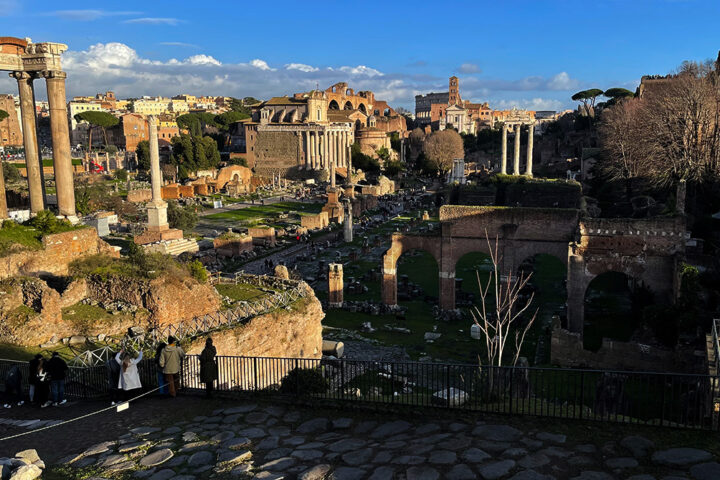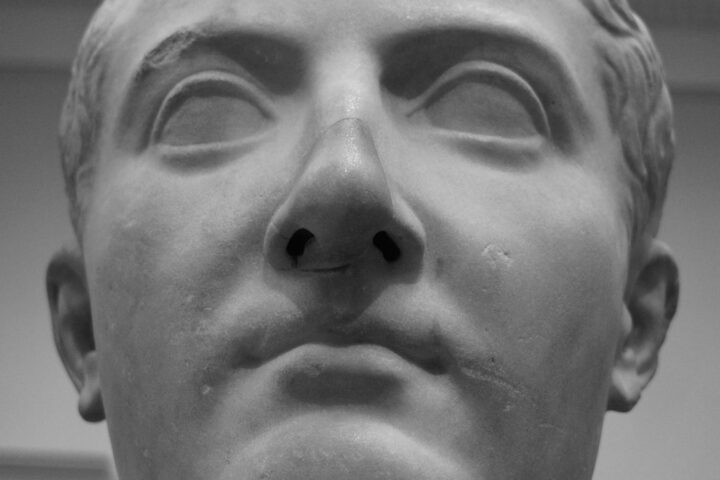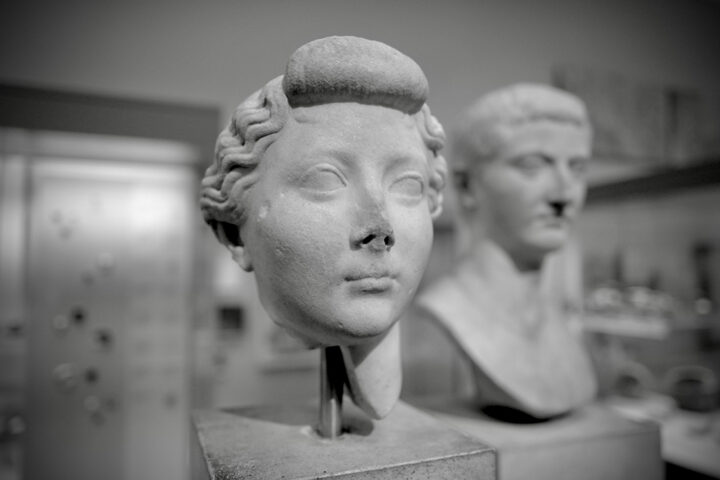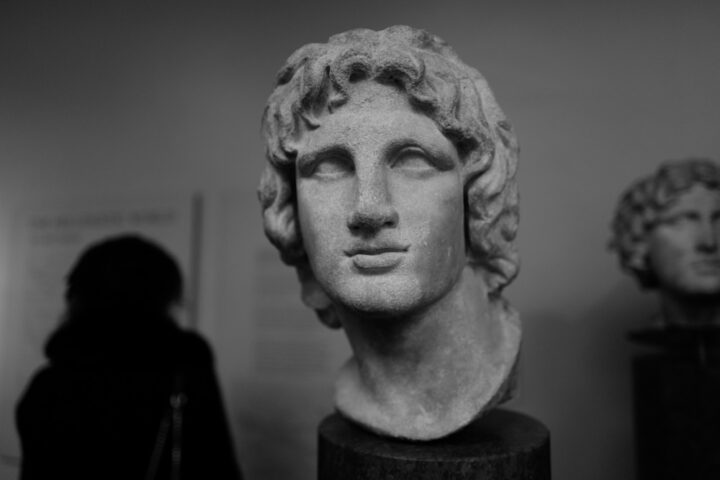In an era when Christianity was on the rise, a Roman Emperor bravely challenged the status quo. Julian, famously known as “the Apostate,” served as both a ruler and philosopher, with the intention of rejuvenating the ancient pagan traditions that had shaped Rome for generations.
Following the rule of his Christian cousin Constantius II, Julian, the nephew of Constantine the Great, took over as the Roman Emperor in 361 AD. Having been taught by Hellenic tutors, he became a devoted adherent of Neoplatonism, a philosophical system that draws from the ideas of Plato and other classical philosophers.
His early life and education shaped his deep reverence for the Greek and Roman deities, leading him to believe that the empire’s adoption of Christianity was a misguided path.
After gaining power, Julian initiated a series of reforms to revive ancient pagan rituals. He brought back the tradition of sacrifices and repaired temples that were in decay. Additionally, he endorsed the clergy of the old gods and authored treatises condemning the Christian faith, which he perceived as corrupted and misguided.
Julian’s commitment to paganism was more than a mere personal preference; it was a reflection of his broader philosophical beliefs. His dream was to restore the Roman Empire to its former glory by embracing the moral and civic ideals of the classical world. However, his efforts were met with mixed reactions. His initiatives faced resistance from citizens and officials deeply tied to Christian traditions.
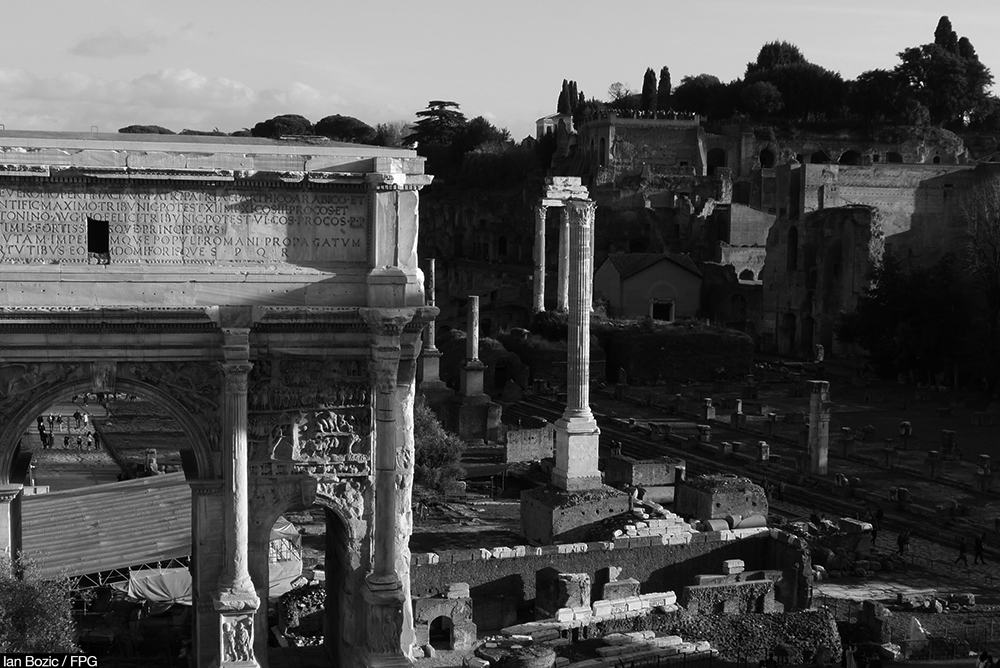
Despite Julian’s intense commitment, his rule didn’t last long. During a military campaign against the Persian Empire in 363 AD, he lost his life in battle under mysterious circumstances that are still unknown. His death marked the end of paganism.
To Christian historians, he was the last gasp of a fading pagan world, an emperor misguided by antiquated beliefs. Nevertheless, for some, he continues to be a source of intellectual intrigue, a philosopher-king who endeavored to restore unity to a fractured empire by reigniting its ancient spirit.
Today, Julian the Apostate is remembered as a man who stood at the crossroads of a monumental cultural shift. While his attempt to turn the tide of history ultimately failed, his story offers a captivating glimpse into a time when the old gods still held sway over the hearts and minds of Roman citizens. His life exemplifies the timeless struggle between tradition and change, a conflict that remains relevant even after nearly two millennia.


